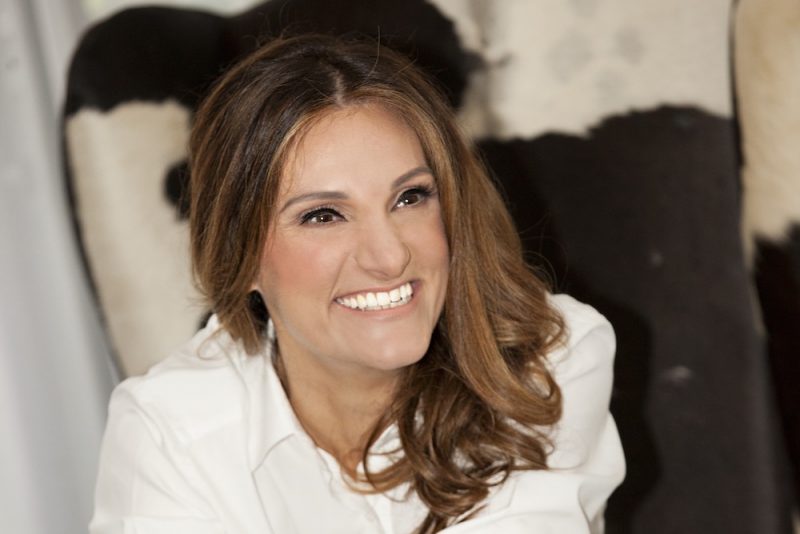WPP’s Rose Herceg on Aussies’ truthfulness, marketing to singles, and being over partisan politics
WPP’s Secrets & Lies report is back for its sixth edition, and Australia and New Zealand president (and author of the report) Rose Herceg told Mumbrella she is proud Australians are now “much more comfortable telling the truth to our bosses”.
“Two years of working from home, hustling and doing all the things that people have had to do; it has meant that people are just much more sophisticated and capable of having an honest conversation with their employer.”

Herceg is back with another Secrets & Lies report on Australian consumer behaviours


Valuable lessons for marketers and commoners. A must read.